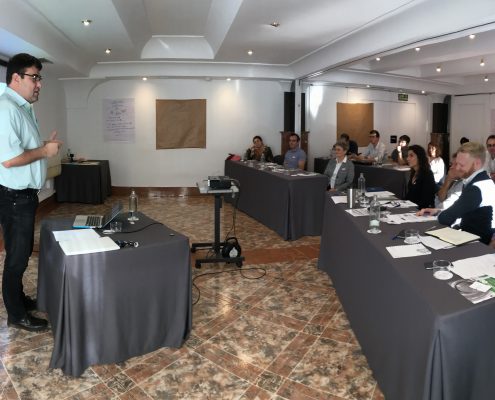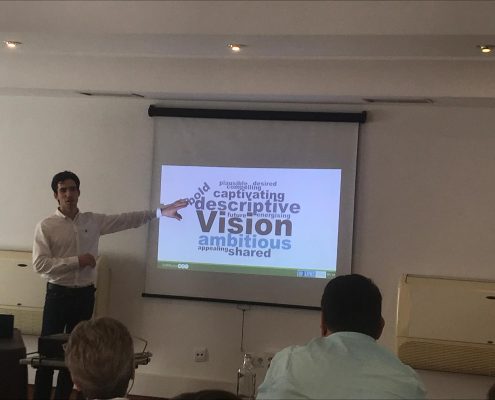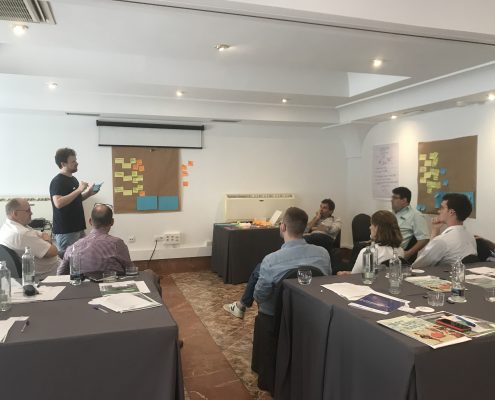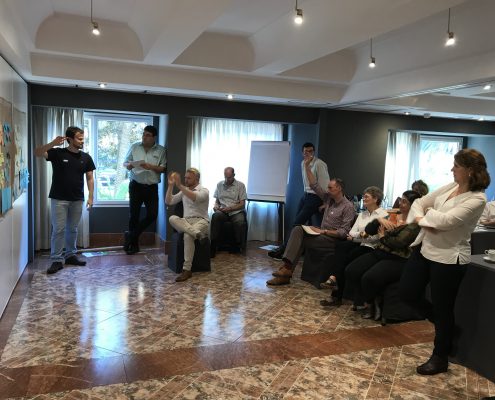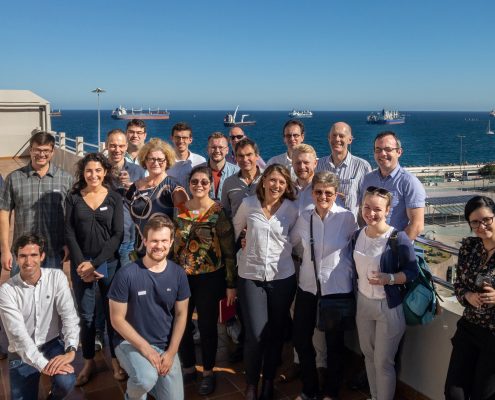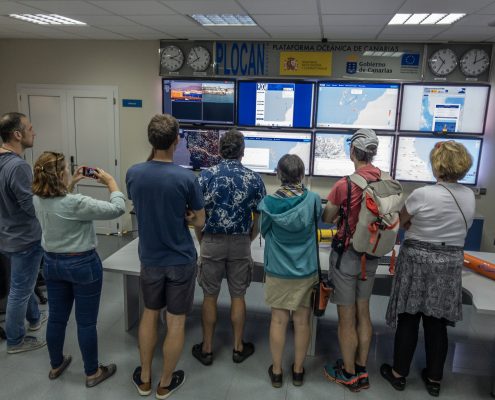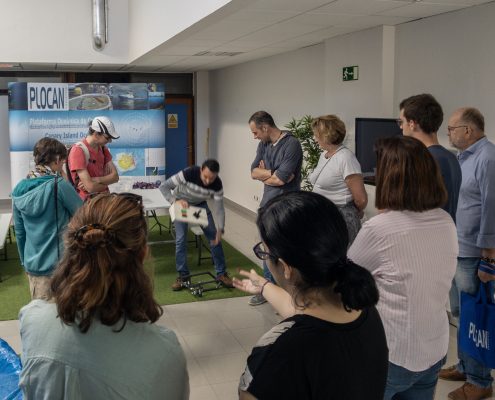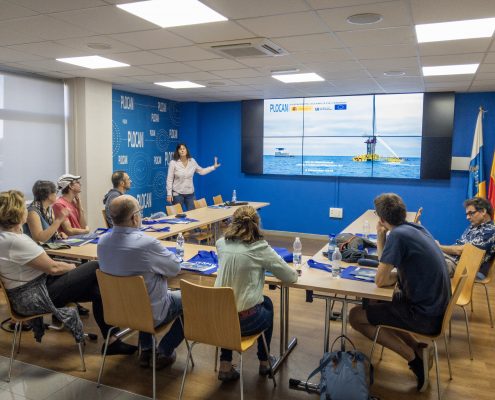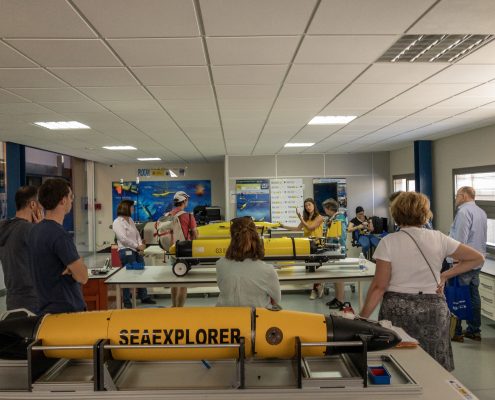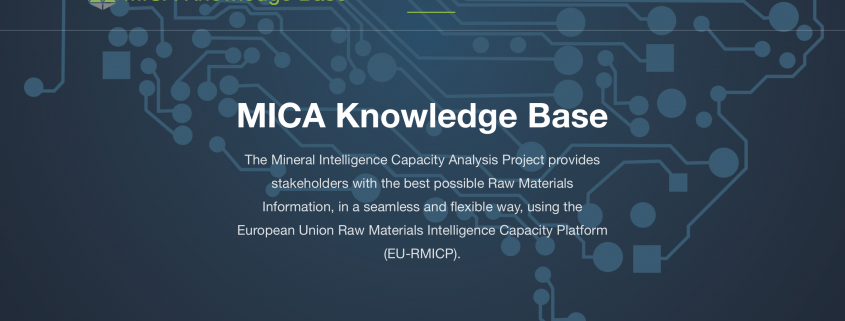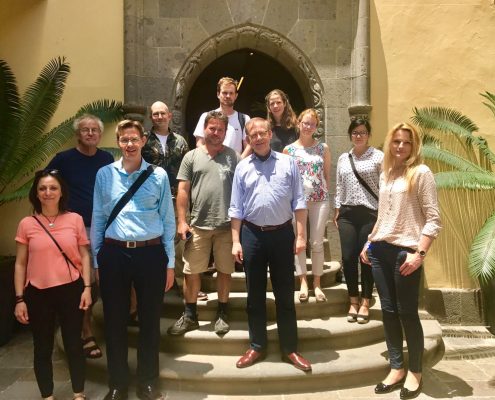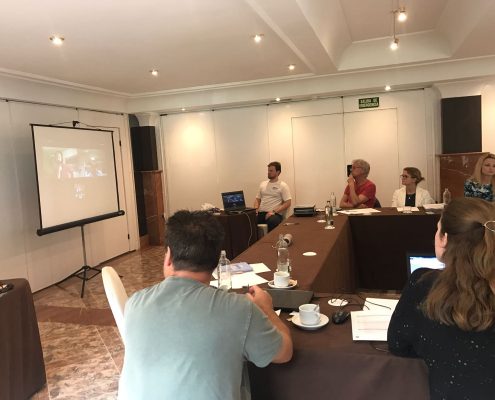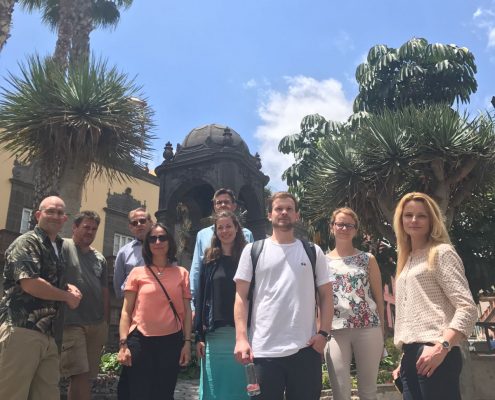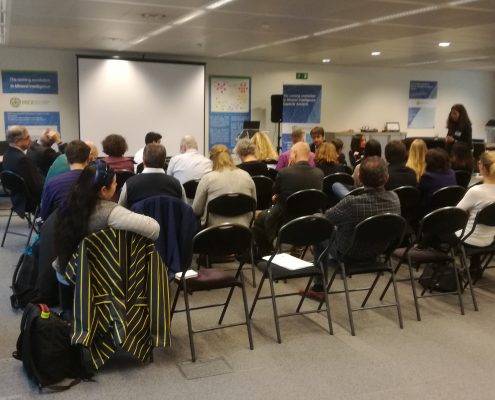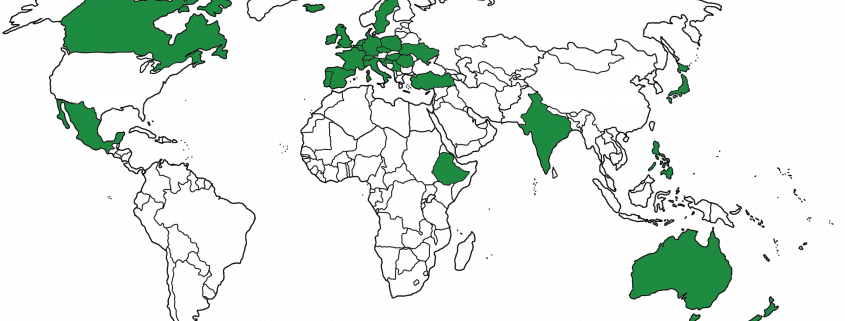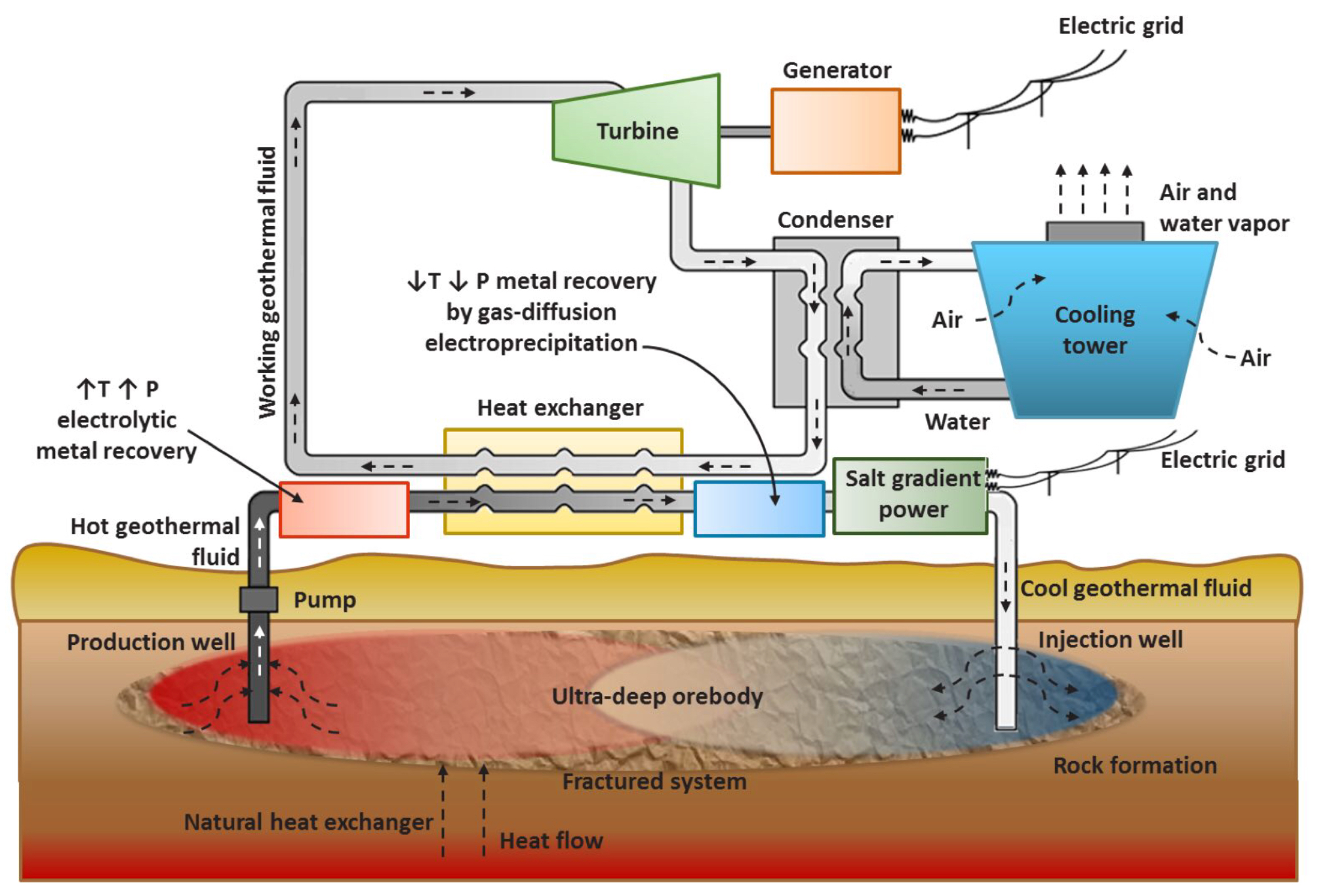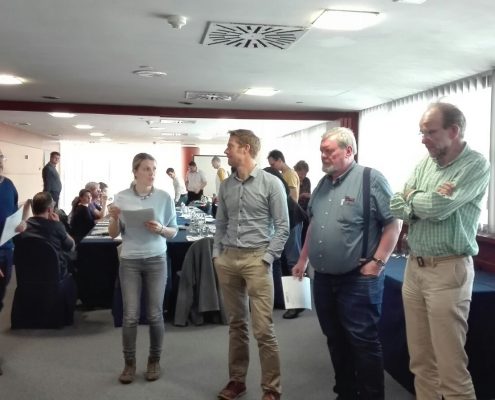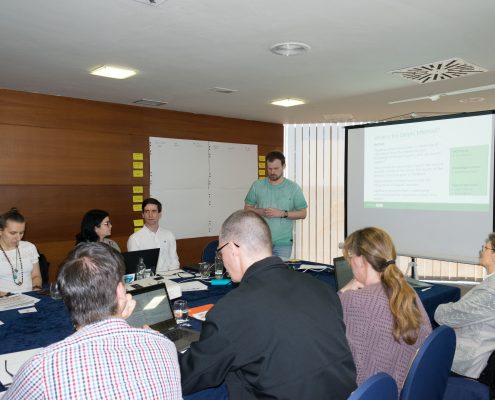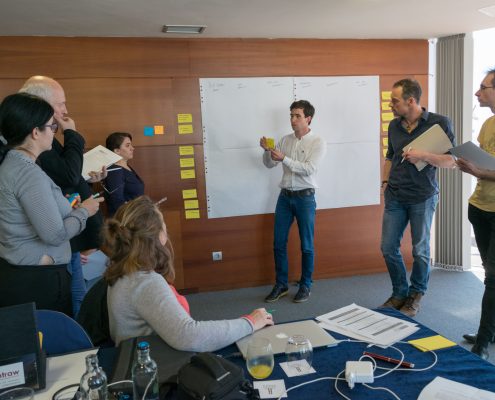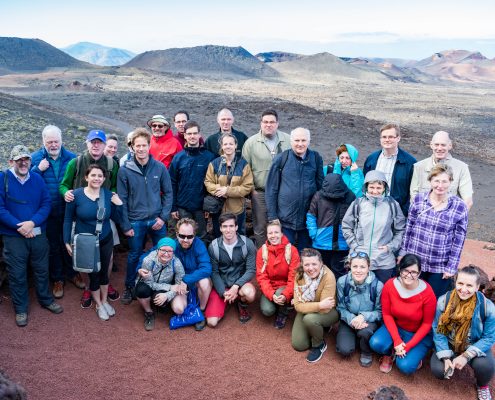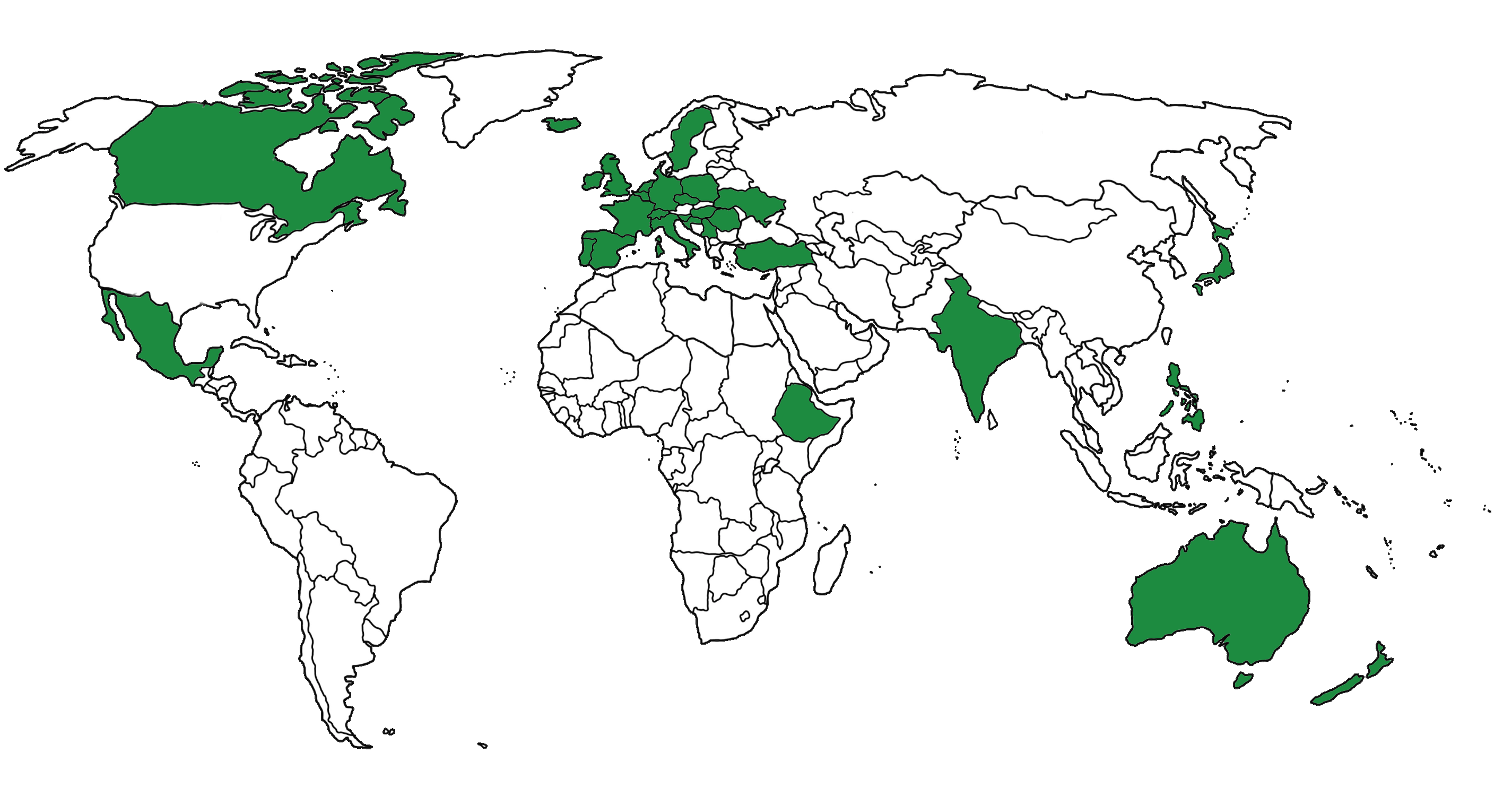CHPM2030 Roadmapping workshop, Las Palmas
LPRC organised the CHPM2030 Roadmapping Workshop in Las Palmas as a follow-up of the previous Visioning workshop, under WP6 – Roadmapping and preparation for pilots. The participants were selected from both Consortium members and external research centres and companies from the geothermal and mineral sectors.
After the introduction presentations from Tamás Madarasz: CHPM2030 State of the art, Tamás Miklovicz: WP6 context, and Marco Konrat: Roadmapping methodology, the main tasks were the validation of previously identified targets (vision), and the backcasting exercise itself. The targets are related to two distinct time horizons: 2030 pilot level (TRL 6-7), and 2050 full scale application (TRL 8-9). The sum of the targets is the vision description, and it is formulated as the desired end-state to arrive by 2050. The proposed targets were delivered at the Visioning workshop with the use of the results from the Delphi survey, and the Horizon Scanning exercise.
In short, the Vision describes where to go (targets) and the Roadmap outlines how to get there (actions + timeline). The backcasting exercise allowed the CHPM team to investigate how to reach the goals and what actions and paths need to be taken and pursued. Whenever investigating a target, the group considered three aspects, when formulating the actions: 1) underlying research & knowledge, 2) capabilities, performance & technologies and, 3) partnership and actors. When thinking about the long term targets in 2050, “wildcards”, unexpected disruptive events that may influence reaching the vision, were also considered. The participants were split into two parallel groups for the sake of the exercise: development and exploration, and operation and market, facilitated by Tamas Miklovicz and Marco Konrat, respectively. At the last session, all participants came together and the group facilitators presented the results from the previous two sessions.
This line of activities will be only one layer of the final CHPM2030 roadmaps. This particular aspect is testing the overall concept of the cross fertilization of the geothermal and mineral industries. The second layer consists of investigating concrete areas for CHPM application and providing gaps and recommendations at four EU study areas in Sweden, UK, Portugal and Romania. The third layer is the direct followup and research plan of the current technological components of the CHPM scheme. When put together, these elements will make up the final Research Roadmap for the CHPM technology.
During the second day, the participants visited the Spanish Bank of Algae, as part of a field trip The facility provides many services, including the bank of microalgae and cyanobacteria strains, genomic DNA bank, algal biomass production for industry, production of seaweed extracts on demand for companies in the biotechnology sector, analysis of samples for the determination of algae, deposit and maintenance of strains for registration of industrial property. More than 2000 algae strains are stored in the algae bank and many interesting research activities were presented to the group. The next stop was PLOCAN, the Oceanic Platform of the Canary Islands. The guided tour included a presentation of the ongoing activities and research of the infrastructure and a visit to the control room and laboratories with ROVs, sailbouys and submarine autonomous gliders.
The LPRC team will now take these new input and start drafting the roadmaps for the CHPM technology in the future! We will present the roadmap at the final conference in Delft, and it will be finalised later in June!

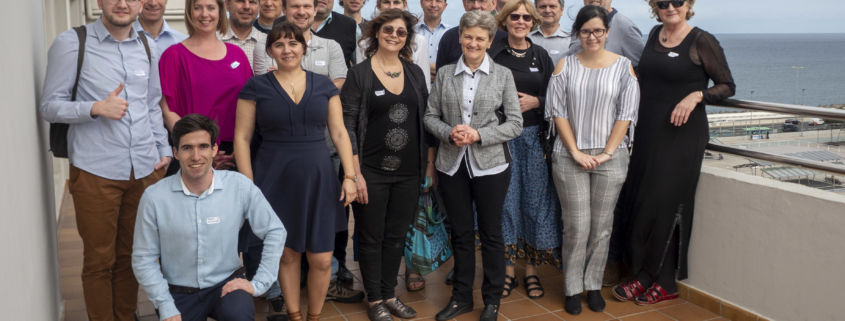
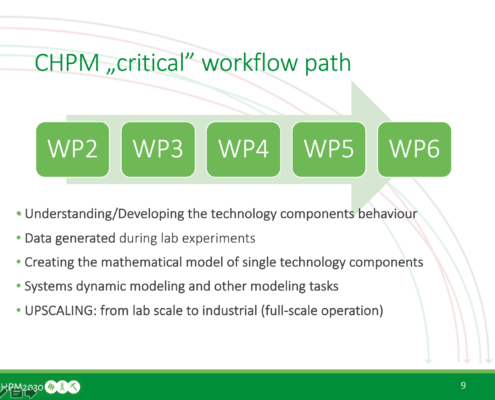
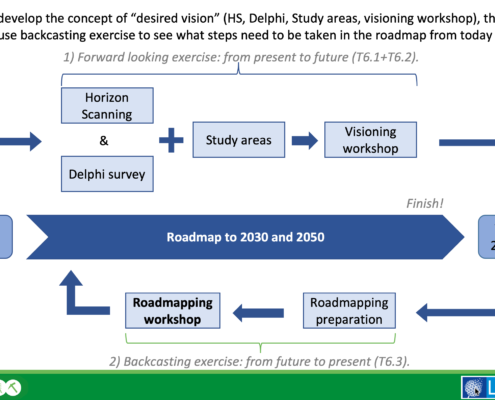
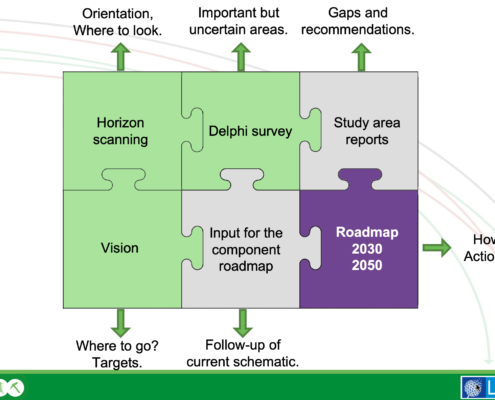
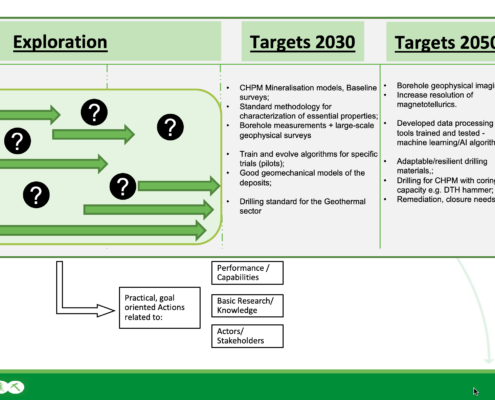
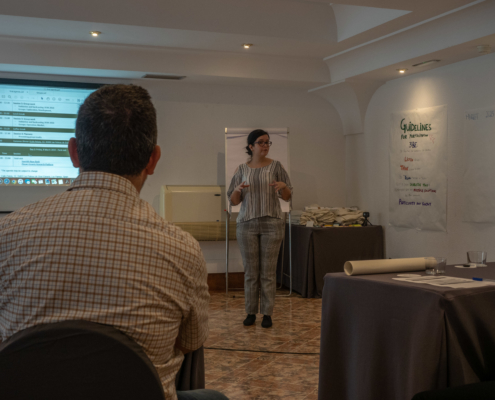
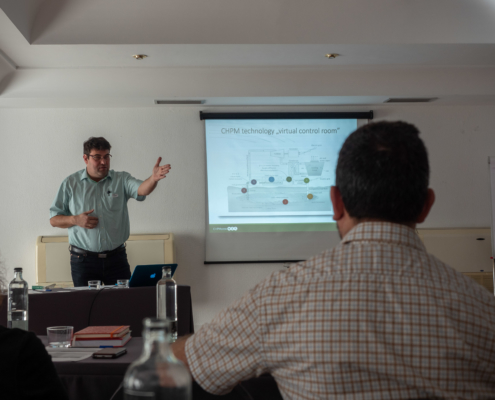

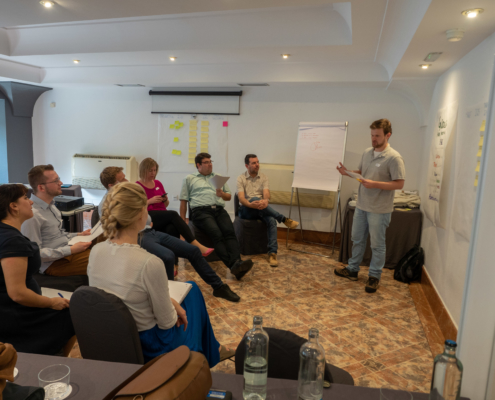
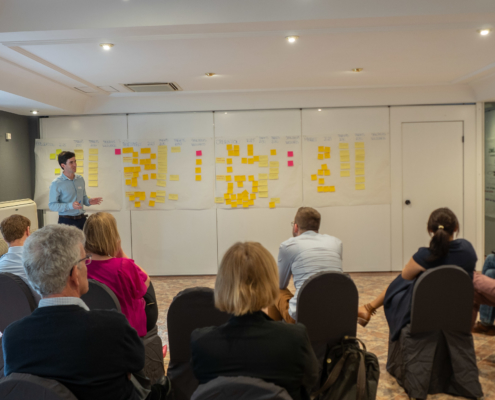
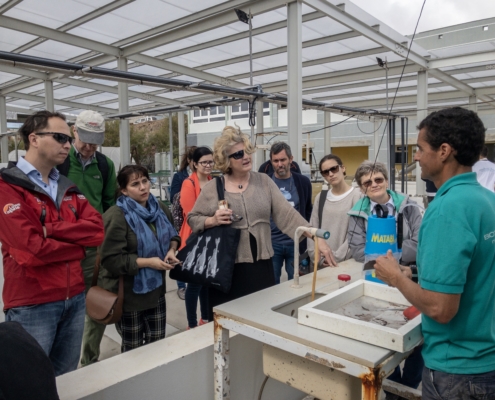
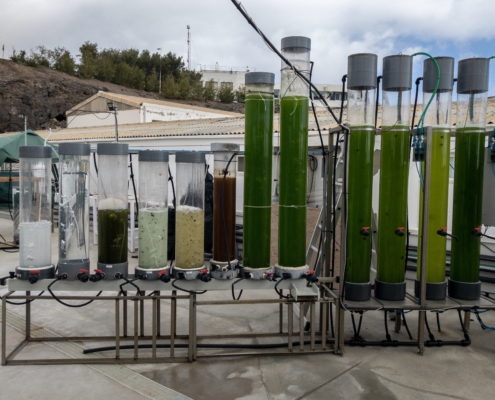
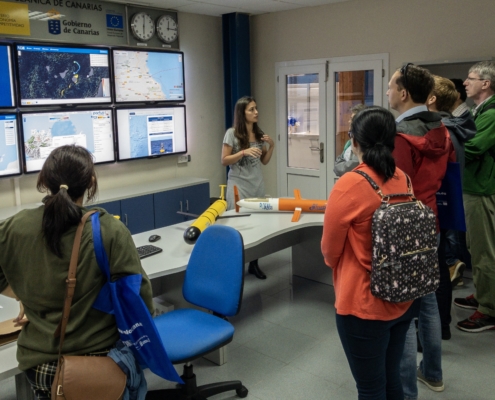


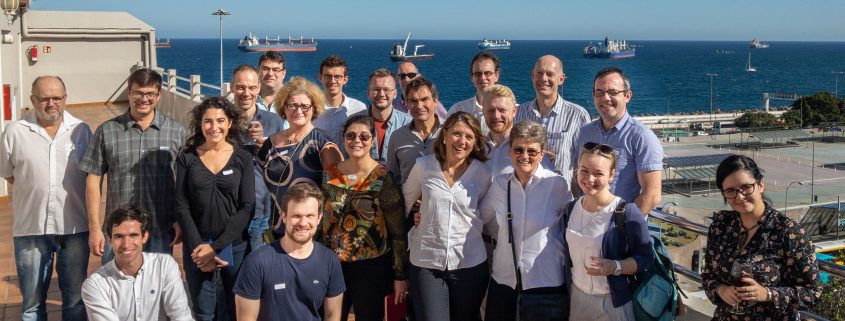 Tamas Miklovicz
Tamas Miklovicz